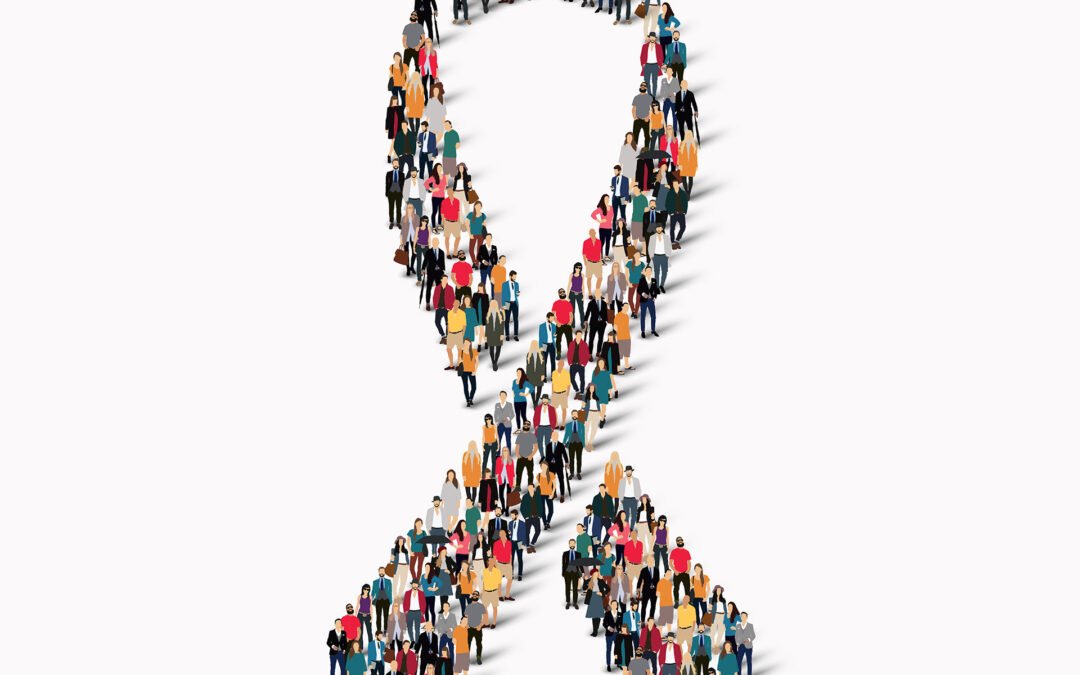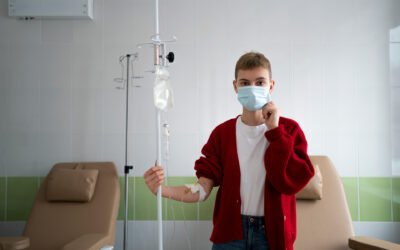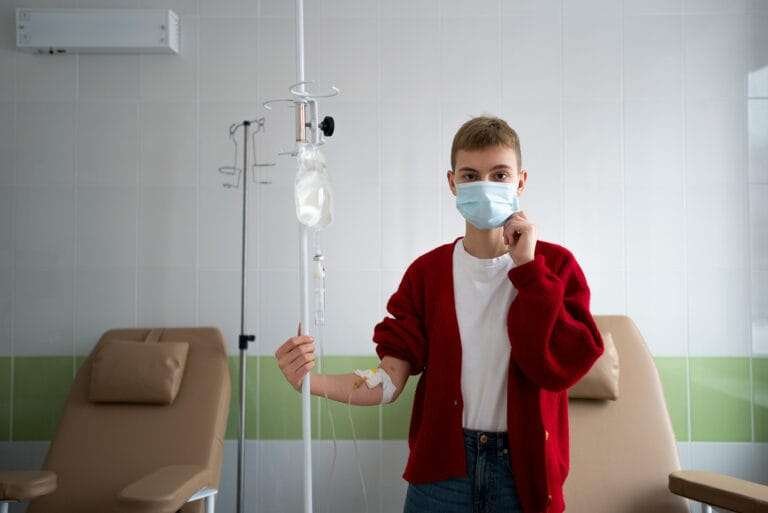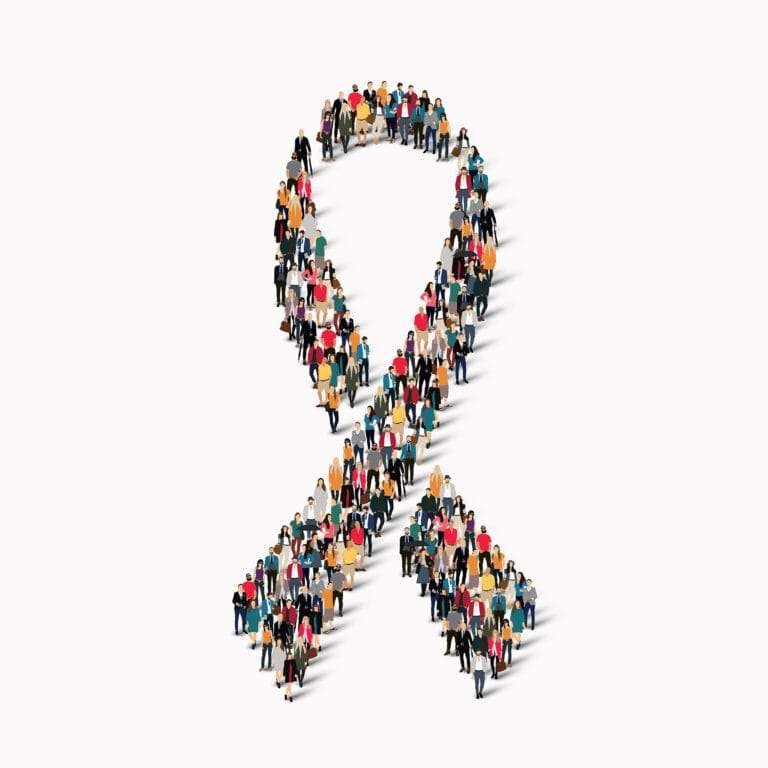Preventing Cancer
Avoid Tobacco and Limit Alcohol:
- Avoid smoking and the use of tobacco products.
- Limit alcohol consumption.
Healthy Diet:
- Eat plenty of fruits, vegetables, and whole grains.
- Avoid high-fat and high-sugar foods.
Regular Physical Activity:
- Engage in at least 30 minutes of physical activity daily.
- Maintain a healthy weight.
Sun Protection:
- Protect yourself from excessive UV radiation.
- Take precautions like using sunscreen,creams, wearing hats, and wearing protective clothing when in the sun.
Prevent Infections:
- Get vaccinated against hepatitis B and human papillomavirus (HPV).
Medical Screenings:
- Regularly undergo health check-ups and medical screenings as recommended.
Early Detection of Cancer
Breast Cancer:
- Self-Exams: Perform monthly breast self-examinations.
- Mammograms: Women in recommended age groups should undergo regular mammograms.
Cervical Cancer:
- Pap Smear: Women should have regular Pap smear tests.
- HPV Testing: Undergo HPV testing as recommended.
Lung Cancer:
- Low-Dose CT Scan: Recommended for smokers and those with a history of smoking.
Colorectal Cancer:
- Colonoscopy: Recommended for people in certain age groups and those with a family history of colorectal cancer.
Oral Cancer:
- Oral Exams: Regular oral examinations by a dentist or doctor.
Common Symptoms to Watch For
- Unusual lumps, bumps, or sores that don’t heal.
- Persistent bleeding or unexplained discharges.
- Sudden weight loss.
- Difficulty in swallowing or persistent indigestion.
Medical Consultation
- Seek medical advice promptly if you notice any unusual symptoms.
- Do not skip recommended medical check-ups and screenings.
Proactive health screenings and maintaining a healthy lifestyle can significantly reduce the risk of developing cancer and improve the chances of early detection.
Can all cancers be hereditary?
Not all cancers are hereditary. Some types of cancer are inherited, meaning they are caused by genetic mutations (changes in genes) passed down through families. Some examples include:
1. Breast and Ovarian Cancer:
Mutations in genes like BRCA1 and BRCA2.
2. Colorectal Cancer:
Lynch Syndrome and Familial Adenomatous Polyposis (FAP) are common inherited causes.
3. Prostate Cancer:
Certain gene mutations passed down in families may increase the risk.
4. Retinoblastoma:
A rare eye cancer in children, often inherited.


Relevant FAQs
Does Chemotherapy have side effects?
Yes, chemotherapy can have several side effects, which can vary depending on the type and dosage of chemotherapy drugs, as well as individual factors such as overall health and tolerance to treatment. Some common side effects of chemotherapy include: Nausea and...
Successful treatment of cancer recovery?
Here are the factors for successful treatment for cancer recovery: Type of Cancer and Stage: Tailored treatment plans based on the type and stage of cancer are crucial for successful treatment. Personalized Treatment Plan: Customized treatment plans tailored to the...
What is Chemotherapy?
What is chemotherapy?Chemotherapy is a treatment that stops cancer cells from growing, dividing and making more cells. Chemotherapy often works throughout the body, helping to attack cancer cells that have spread throughout the body. Chemotherapy Procedures:...
What is Cancer?
What is cancer?Cancer is a condition in which cells in a particular part of the body grow, proliferate and destroy without control. Sometimes it can spread to other organs directly, through the blood or lymph.What causes cancer?Various factors that can cause cancer:...









